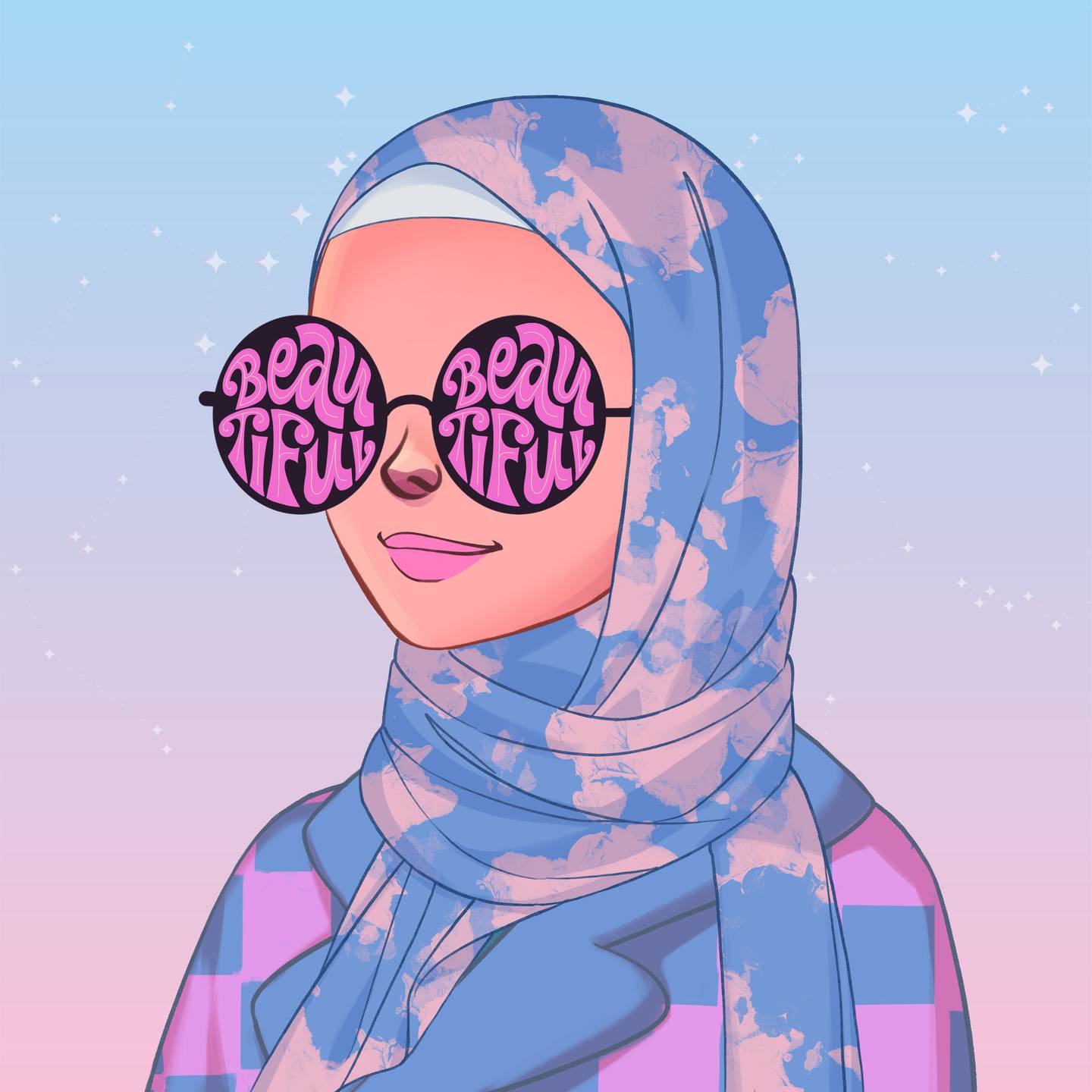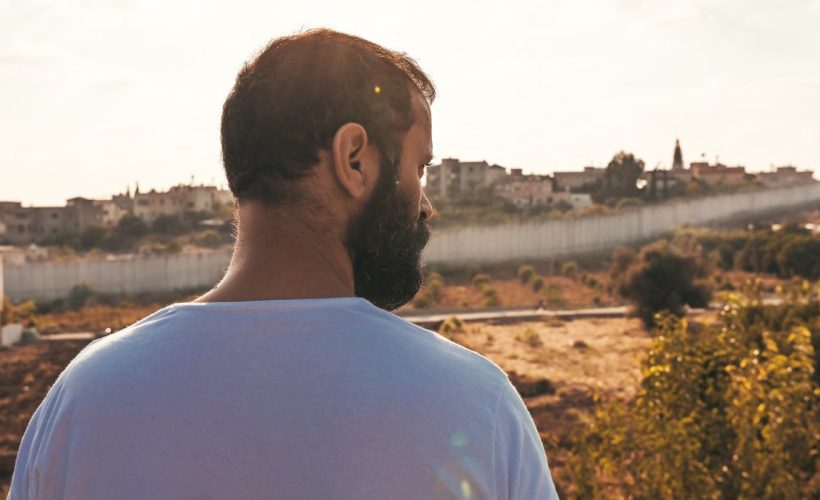Society
3.8.2022
NFTs liberate the art and messages of Arab women

On International Women’s Rights Day, NFTs are being hailed for their positive impact on gender equality in the digital space. Indeed, the NFT promise a world without creative boundaries or censorship, in which the work of many women -Arab or not- with committed messages finds a place. Meeting of 3 women with striking and hopeful testimonies!
The taboos and paradoxes that are sometimes unwelcome in modern society are illustrated to a seduced virtual public. Seduced by the works of Arab women whose visibility has been increased by the digital era. Thus, the Kuwaiti artist Shurroq Amin, author of the Popcornographic series, a collection of 15 pieces that explore the unconventional perceptions of the Arab and Muslim woman, meets a dazzling success with the NFT community, much more than during her physical exhibition. A reception well beyond its expectations that impels the social virtues of this new kind of exhibition.
Making women visible in the digital space
Sharifa AlBarami, an Omani entrepreneur, is among the promoters of emerging technologies in which she sees a potential to improve the human experience. AlBarami points to the ability of decentralized blockchains to bridge the visibility gap in the art world. Legitimate ownership of a work guarantees buyers a unique digital asset and artists the capitalization of their work and talent. The impact is all the more crucial as this particular art delivers a responsible message. Sharifa AlBarami hosts a weekly podcast on this topic to convince young Arab artists to enter these new digital markets. More than 1,500 viewers participate, with a notable presence of Arab women.

Shurroq Amin created the Popcornographic series, a collection of 15 pieces that explore unconventional perceptions of Arab and Muslim women.
Web3 for Gender
Another promising NFT project, Beyond Power aspires to impact the world and promote equal opportunities for women in the age of Web3 and its decentralization. Spearheaded by a young Jordanian woman, Oklah, who gave up everything to pursue technology, the project houses a collection of 10,000 illustrations of women from diverse cultures and backgrounds, a message of tolerance.
The initiative aims to bring a wind of tolerance and equality, where today’s Web2 remains, according to Oklah, filled with gender disparities. The non-hierarchical structure of Web3 allows women to be limited only by self-imposed rules.

popular

